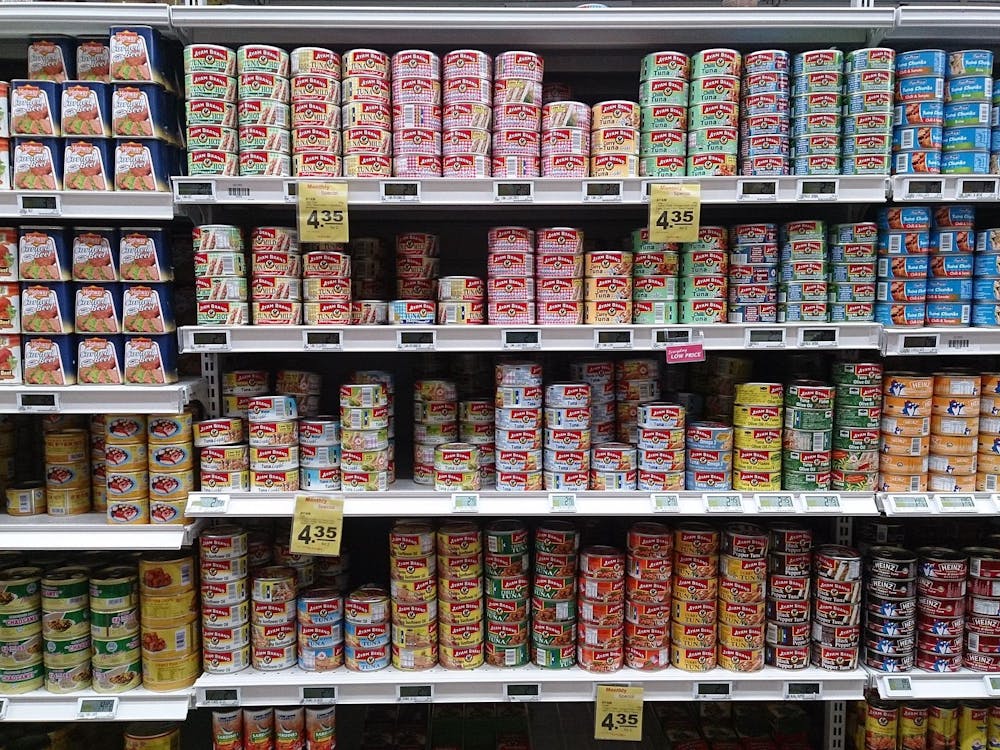As I returned home last week, Arkansas public schools announced they would close amid the COVID-19 pandemic. Almost immediately, high school classmates and community members posted on Facebook that they would be available to babysit kids whose parents couldn’t access child care. I even mentioned to my mother that I would like to do the same, because I knew the schools closing would wreak a devastating blow on parents who cannot afford to take time off from work.
My mother sighed and said, “If something like this had happened to us when you and your brother were younger, I don’t know what I would do.”
Her comment inspired me to write this article. While most of us have returned to our respective homes, school work isn’t the only thing we should be worrying about. We need to be helping others. As a first-generation, low-income (FLI) student and the daughter of a single parent, I cannot overstate how hard things like this can be on both child and parent.
Sadly, I haven’t seen this same energy from many of my peers at Princeton. While a lot of FLI students and students of color have been collecting donations, sharing Venmo chains for those in need, and petitioning against forced evacuations, where have the voices of the most privileged of us been? You’re more than willing to sign up for a Community House event or other volunteer efforts to boost your resume when on campus, but what are you doing for those around you who need assistance at this time?
Let us use the immense privilege Princeton provides us to uplift our communities and those who need it. Instead of catering to those who can afford SAT/ACT services, consider babysitting for those who cannot afford to leave work or other child care services. Implement pay-what-you-can if you must! If there are those who can’t make it to buy food or other supplies, employ the resources you have to deliver supplies. If you can, implore local school districts to at least offer breakfast and/or sack lunches for those who are food insecure. Check in with those around you. Consider cooking meals that feed many and last a while (soups, casseroles, etc.) to deliver to those you know are struggling during this time. Those meals can also be made in bulk and frozen to last for a family.
Look at what you’re buying. Do you absolutely need everything in your cart? Is it necessary for you to take these items from Wal-Mart or ShopRite if you can afford to order them with the Amazon+ you love to use on campus? Shopping at a local store could be another family’s only means of securing groceries. If you must shop at these places, make sure those items don’t fall under the list of WIC foods or those under food stamps. For many families with younger children, this is the only way they can eat.
Even better, use your money to support local businesses over corporations (within social distancing guidelines), as their businesses are surely suffering as well. Consider buying things to donate to food banks or to local schools, as these are also the only sources of food for some families.
I do recognize that it’s harder for some to be at home than it is to remain on campus. If you have to work to support yourself while you’re home, I completely understand, and I wish you the best of luck. I am encouraging us to do as much as we are able to, as you might be in the situations described above or affected so.

We can put our minds and bodies to work on helping those around us. With everyone working together, it’s going to be okay. We, as a community, are going to be okay. God brings me solace, so I can say you’re all in my prayers. I send good vibes to those who need strength right now. I send positive thoughts to those who feel they’re without during this time.
But above all, I send you all my love. Stay safe, y’all.
Kirsten Keels is a junior from West Fork, Ark. She can be reached at kkeels@princeton.edu.









